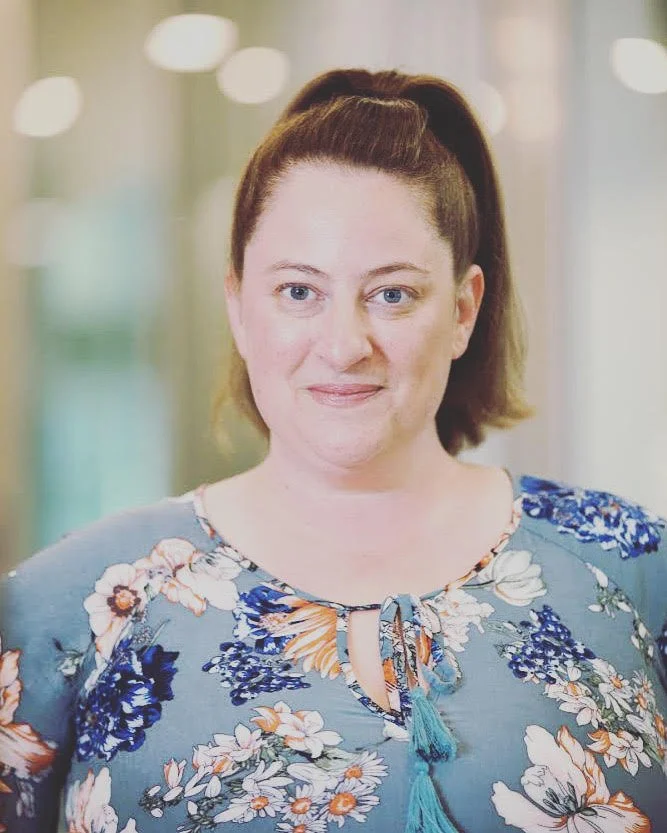A Human Rights-Based Approach to Positive Behaviour Support
INTERVIEW WITH DR. ERIN LEIF
At Positive Support Group, ensuring that our client’s human rights are upheld is at the heart of everything we do.
We are therefore delighted to have the opportunity to speak to Dr Erin Leif, Behaviour Analyst and Learning, Behaviour, and Implementation Science Researcher at Monash University, Melbourne, Australia about her thoughts on how Positive Behaviour Support (PBS) best integrates a human rights perspective.
PSG: You have reached global fame in Positive Behaviour Support, amongst other things for your inspiring work on human rights. Can you tell us a little bit about your latest research?
Erin: My latest study focussed on what it means in practice to deliver PBS services in ways that protect and uphold human rights. So we used a survey to ask behaviour practitioners how they respect human rights of the people they support. We then used thematic analysis of the responses that we got to distil the core things that we learned into what we call the rights-based model of PBS.
We use the word RIGHTS as an acronym for some key ideas that we want people to really take away from this paper.
R - respect the person and their inherent dignity and self-worth,
I - include the person in decisions that are about them.
G - get to know the person and their family.
H - take a holistic approach when supporting the person.
T - teach and tell others about human rights
S- support the person to achieve their goals and live a good life.
So we can use that as the foundation of what we call our rights-based model of Positive Behaviour Support. And in the paper, we have a table where we've outlined each of those components, their alignment with the United Nations Convention on the Rights of People with Disabilities articles, and some practical recommendations for what that could look like in your PBS practice.
PSG: Do you think PBS could develop further in terms of integrating a human rights perspective?
- By mainly focusing on behavioural reduction or reducing and eliminating restrictive practices we're not actually paying attention to things that will help a person really experience and enjoy their human rights. If we look at the Convention on the Rights of People with Disabilities, it specifically says that people with a disability have the right to access healthcare. They have the right to access an education. They have the right to live in a setting of their choice with people that they want to live with - and they have a right to make their own decisions.
- Whilst PBS is sometimes about teaching skills to the person with disability, often it is really about teaching skills to all the other people in the room who are around the person with disability to improve their capacity to protect and uphold that person's rights. And so I think that if we take an overly narrow focus on behavioural reduction, we're sort of chasing the cause inside the person or saying the onus is on the person to change. But in a human rights model the onus is really on society and everyone else to look at how they challenge their beliefs, attitudes and change.
- We can teach somebody to cooperate with really ableist expectations. But is that really what we want to do? - No, we need to change the environment and we need to change our expectations first and foremost, and then we can teach skills that are truly meaningful to the person.

